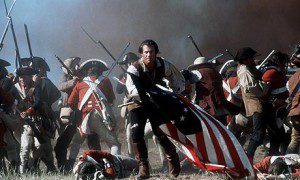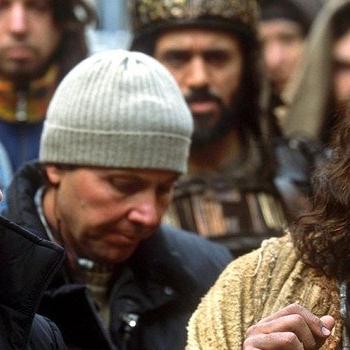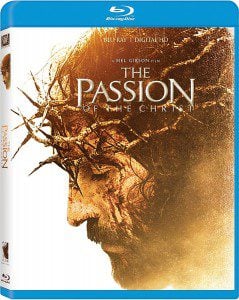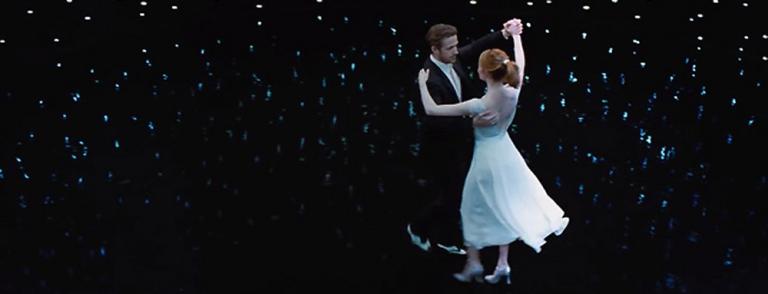 THE PATRIOT pretends to be a noble historical epic, but it is, in truth, a B-grade revenge thriller. Despite the versatile, charismatic presence of Mel Gibson — who was paid a record $25 million to star in this film — there is no getting around the utterly formulaic script (by Saving Private Ryan’s Robert Rodat) and the stodgy direction (by Roland Emmerich, whose credits include more honestly junky fare like Independence Day and Godzilla).
THE PATRIOT pretends to be a noble historical epic, but it is, in truth, a B-grade revenge thriller. Despite the versatile, charismatic presence of Mel Gibson — who was paid a record $25 million to star in this film — there is no getting around the utterly formulaic script (by Saving Private Ryan’s Robert Rodat) and the stodgy direction (by Roland Emmerich, whose credits include more honestly junky fare like Independence Day and Godzilla).
It’s obvious how every scene in this slow-moving Revolutionary War epic is going to end from the moment it begins. Gibson plays Benjamin Martin, a former war hero who, like the commandos and car thieves of many a potboiler, has left his old life behind but is constantly reminded that he was one of the best in his profession. Naturally, a family crisis forces him out of retirement and plunges him into the conflict, along with many of his old comrades.
Benjamin goes on to lead a militia that works from a secret base in a dark swamp. Benjamin, known to his on-screen opponents as “The Ghost,” is actually modelled on Francis Marion, a fighter known as “The Swamp Fox” who, in the words of Christopher Hibbert, “hunted Indians for sport and regularly raped his female slaves.” Traces of Marion’s history do remain — the film alludes to “sins” which Benjamin committed in his past, and for which he still feels terrible remorse — but otherwise, the character has been whitewashed.
The film also draws a dubious link between American heroism and Christian faith. Martin prays frequently, and one of the men in his militia is a pastor (Star Trek: Deep Space Nine’s Rene Auberjonois) who takes up arms against the Brits because, as he puts it, “a shepherd must tend his flock — and, at times, fight off the wolves.” (But what if one of his flock were a Loyalist?) The British, in contrast, are utterly secular and faith-less, their villainy confirmed when one of them torches a church with its parishioners locked inside.
As if jingoistic historical inaccuracies weren’t enough, the film fails on artistic levels, too. The dialogue is full of banalities, some of which are downright anachronistic. (“May I sit here?” Martin asks his lady love, played by Joely Richardson. “It’s a free country,” she replies, “or at least, it will be.”) And for all this film’s stuffy seriousness, every bullet wound and tomahawk to the head is treated like a popcorn-movie thrill.
More than any other recent film, The Patriot reminded me of an essay G.K. Chesterton wrote shortly before his death in 1936, in which he argued that so-called moral films — films which oversimplify history and stir partisan sentiments while shutting down people’s minds — were a greater peril to society than their lowbrow, allegedly immoral counterparts.
— Versions of this review were first published in BC Christian News and ChristianWeek.











